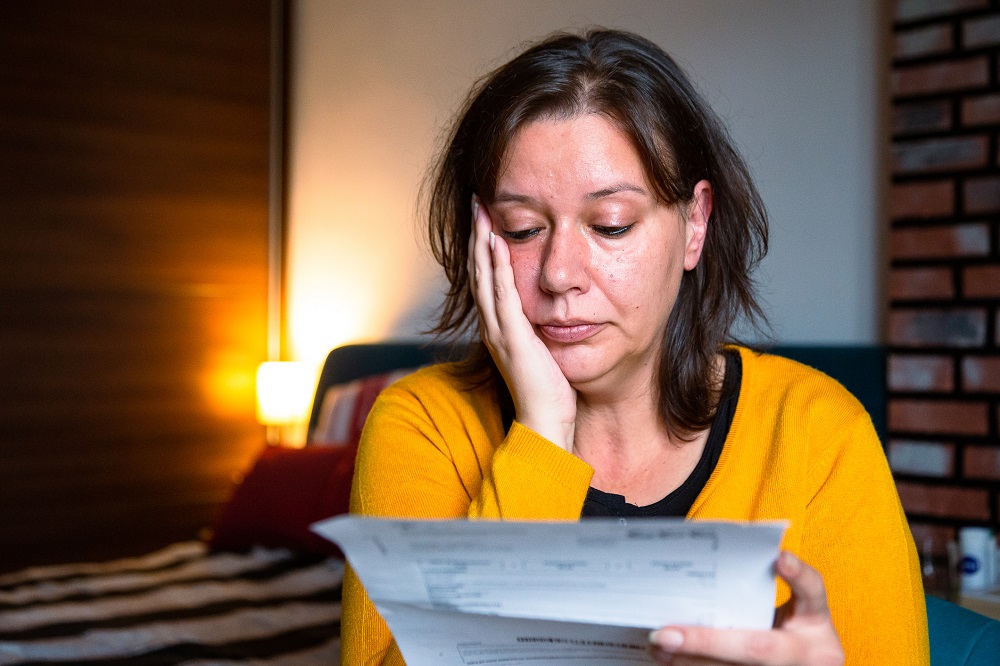Crisis upon crisis – solving climate and cost of living crises together
Unsurprisingly, the cost of living crisis is now the main concern of people in Scotland according to the Understanding Scotland survey, which is exploring how we are faring as we emerge from the Covid pandemic.
The climate crisis on the other hand has fallen in people’s concerns since the run up to COP26 last year – although 16 to 34-year-olds are twice as likely as any other age group to cite it as a top issue.
With home and organisational energy prices tripling and petrol prices rising on a weekly basis, of course the cost of living is all consuming for people. The price of everyone’s weekly supermarket shop is noticeably rising. The Office for National Statistics this week said pasta has gone up a staggering 50% in the last year, while bread, mince, rice and frozen veg are all more than 10% more expensive.
It's scary stuff.

The climate crisis is less obvious on a daily basis but also scary. People already struggling with rising energy bills may find themselves facing hefty repair bills to roofs, doors and windows if we see heavy winds and storms again this winter. Disabled people are more likely to be affected by flooding caused by heavier rainfall because they’re more like to live in ground-floor properties. And did you know cases of Lyme disease are on the increase in the UK as the tic population grows?
And this is where the climate crisis and the cost of living crisis are linked. If we weren’t so dependent of fossil fuels, we would not be facing such dramatic cost increases in every area of our lives and we would not be living through global warming. Neither the cost of living crisis or the climate crisis are going away fast – these are the big challenges we face over the next decade.
Voluntary organisations are increasingly identifying rising costs as their main cause for concern while also trying to support service users to respond to these pressures. Yet, the very income organisations depend on is increasingly linked to their environmental impact – more and more funders are asking to see environmental policies.
So, if you are running a disability charity, a poverty charity, a young person’s charity or an organisation supporting people through long-term conditions, now is the time to start caring about the climate crisis. Action to reduce your carbon impact will both save and earn you money.
It is far cheaper to live and work in an environmentally sustainable way. Energy efficient homes and buildings, reusing and repairing goods rather than buying new, eating more fruit and veg and less meat and reducing food waste are all good for your pocket and the planet.
SCVO’s research over the last year, however, has found that many non-environmental organisations don’t know how to respond to the climate crisis. So, we are launching our COP26 Legacy Project to help make things a bit easier.
As part of the project, which is being funded by Paths For All and CCLA Investment Management, we’re teaming up with Keep Scotland Beautiful to deliver free accredited Climate Emergency Training for voluntary sector staff and volunteers. The training will introduce the climate crisis and explore how your organisation can respond to it, including helping you create an environmental policy.
We’ve also created an SCVO Climate Crisis campaign webpage that has loads of links to support and information about climate crisis, including updates on how SCVO is adapting its own operations and what funders are doing.
This year’s Gathering is a Greener Gathering, and you can take part in that by bringing your own reusable cup and using public transport to get there. You can also find out more about how to access the COP26 Legacy Project training and information at How to Respond to the Climate Crisis at 3.30pm on Wednesday 15 June.



